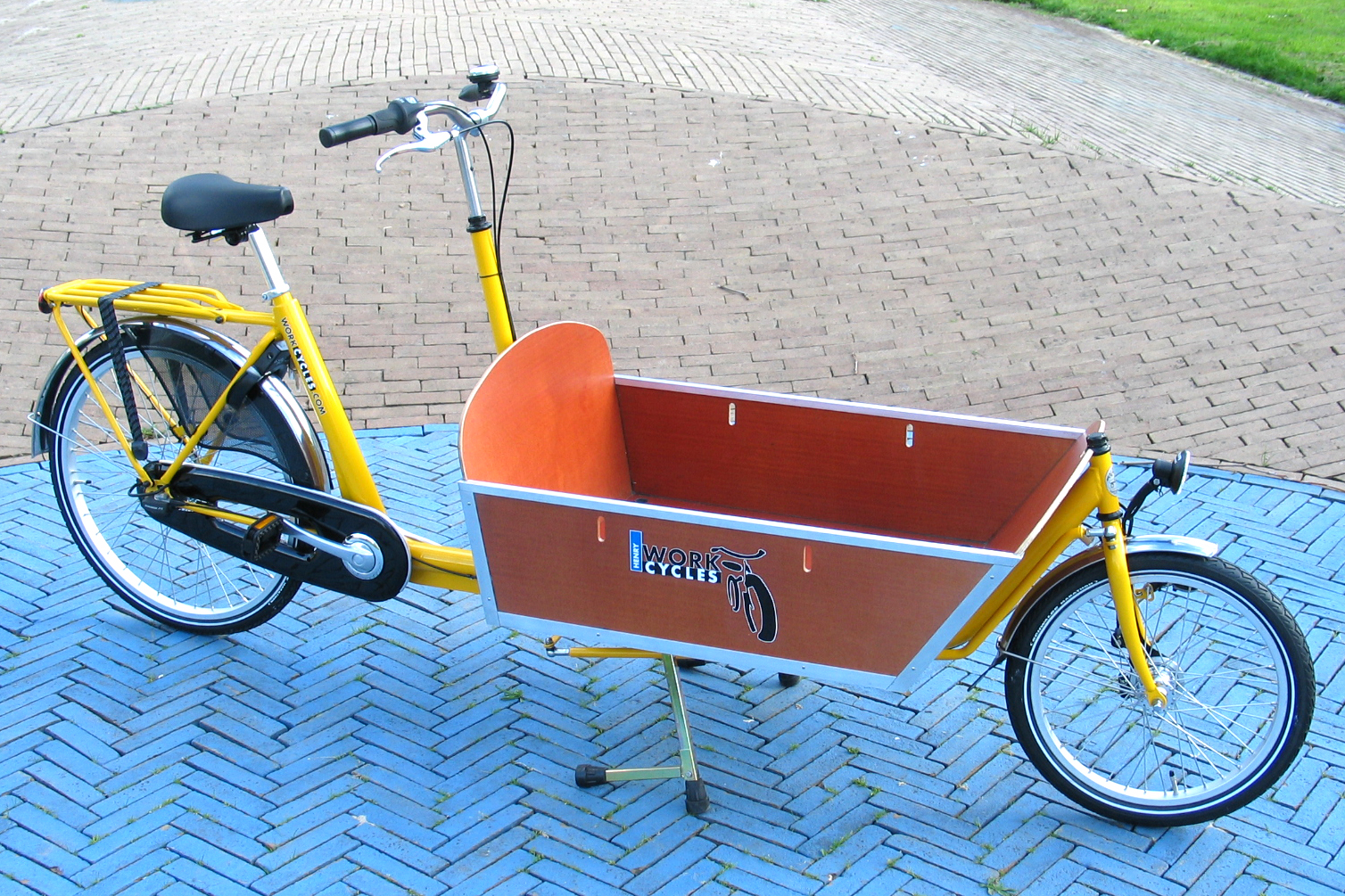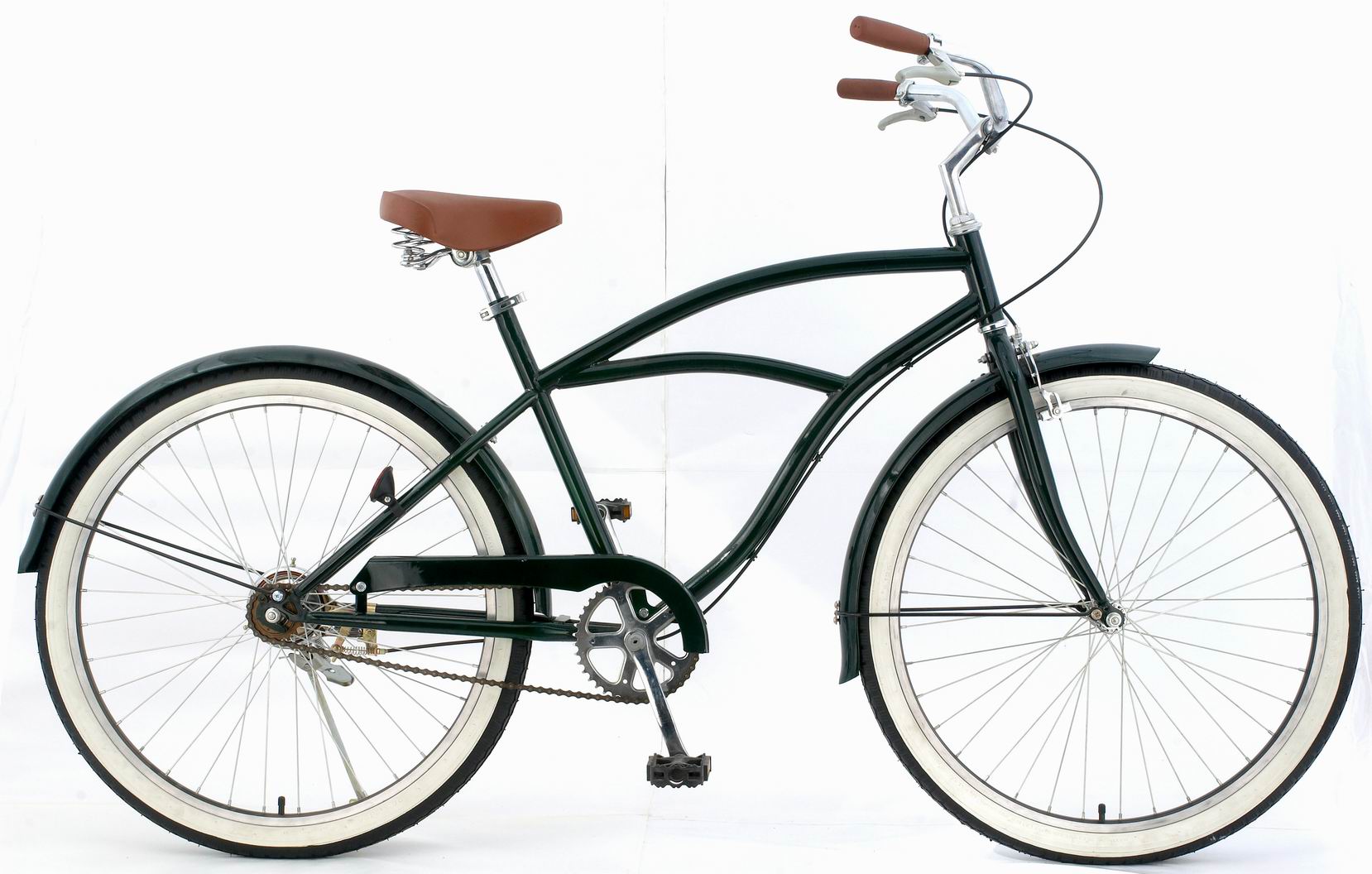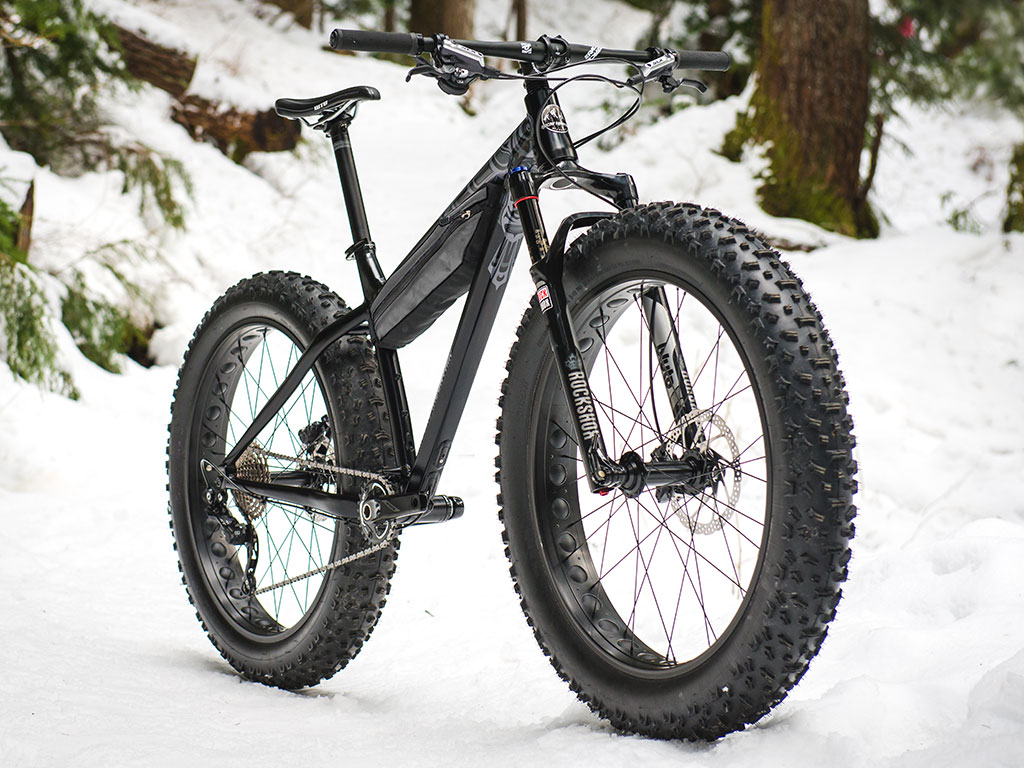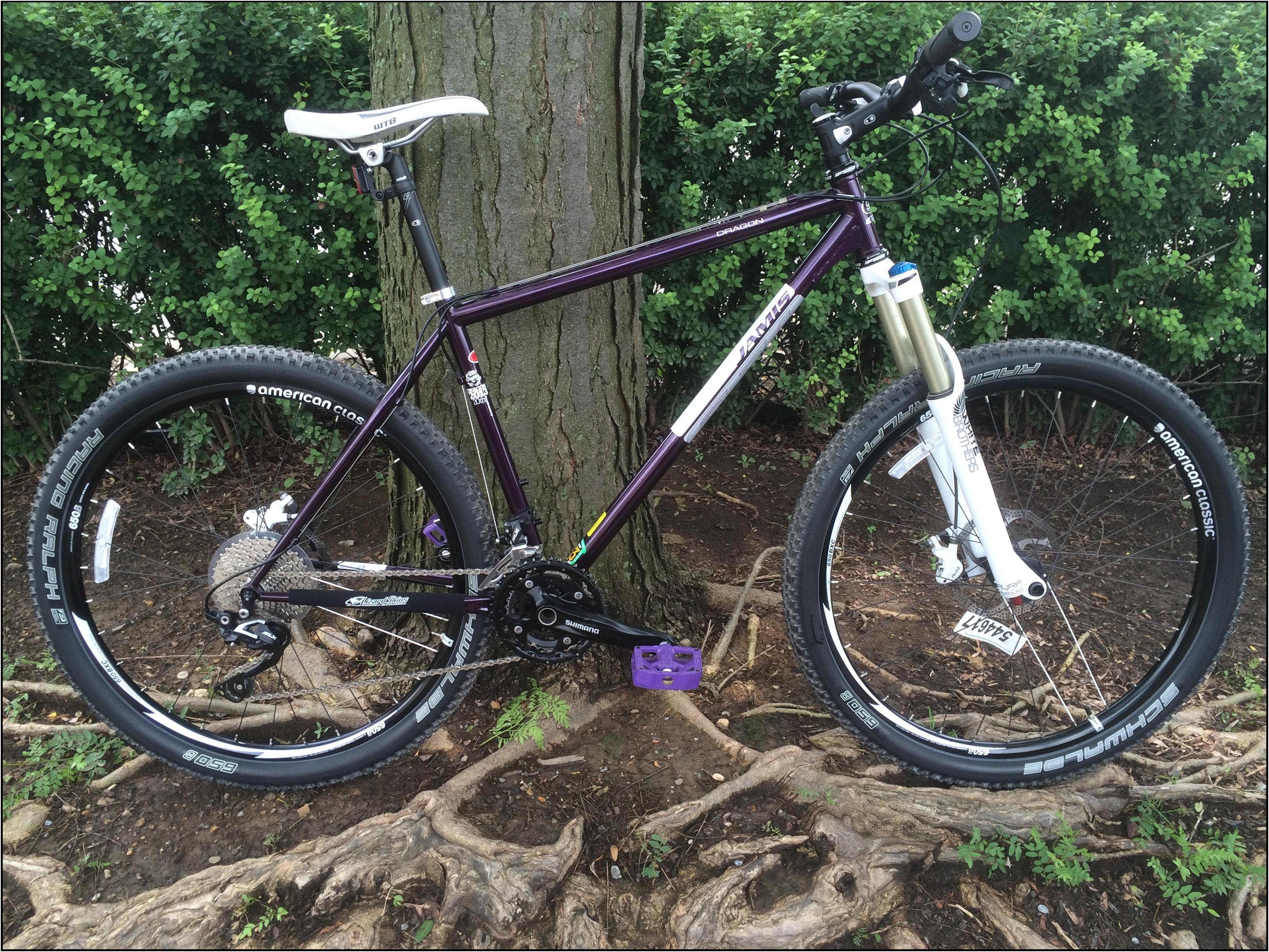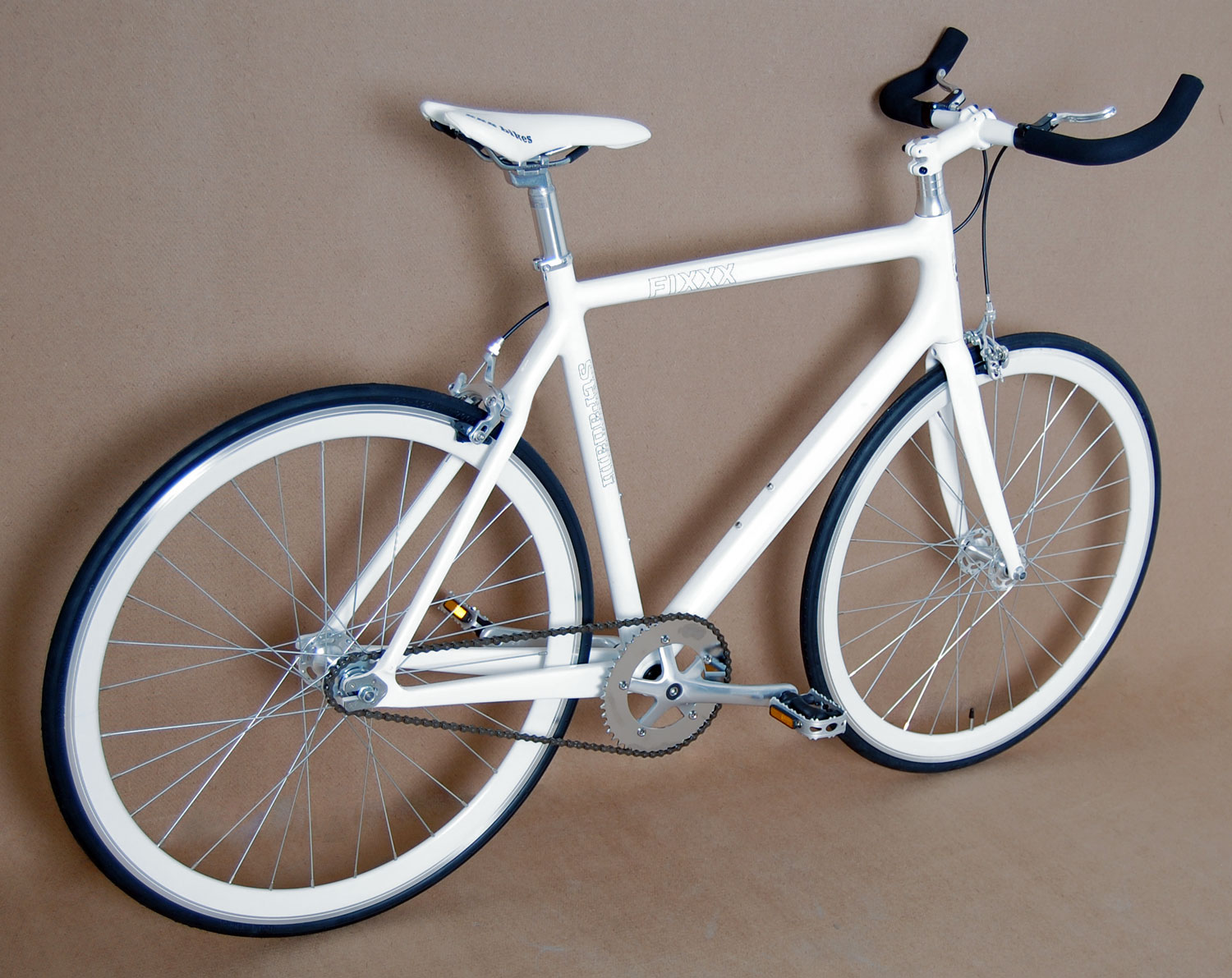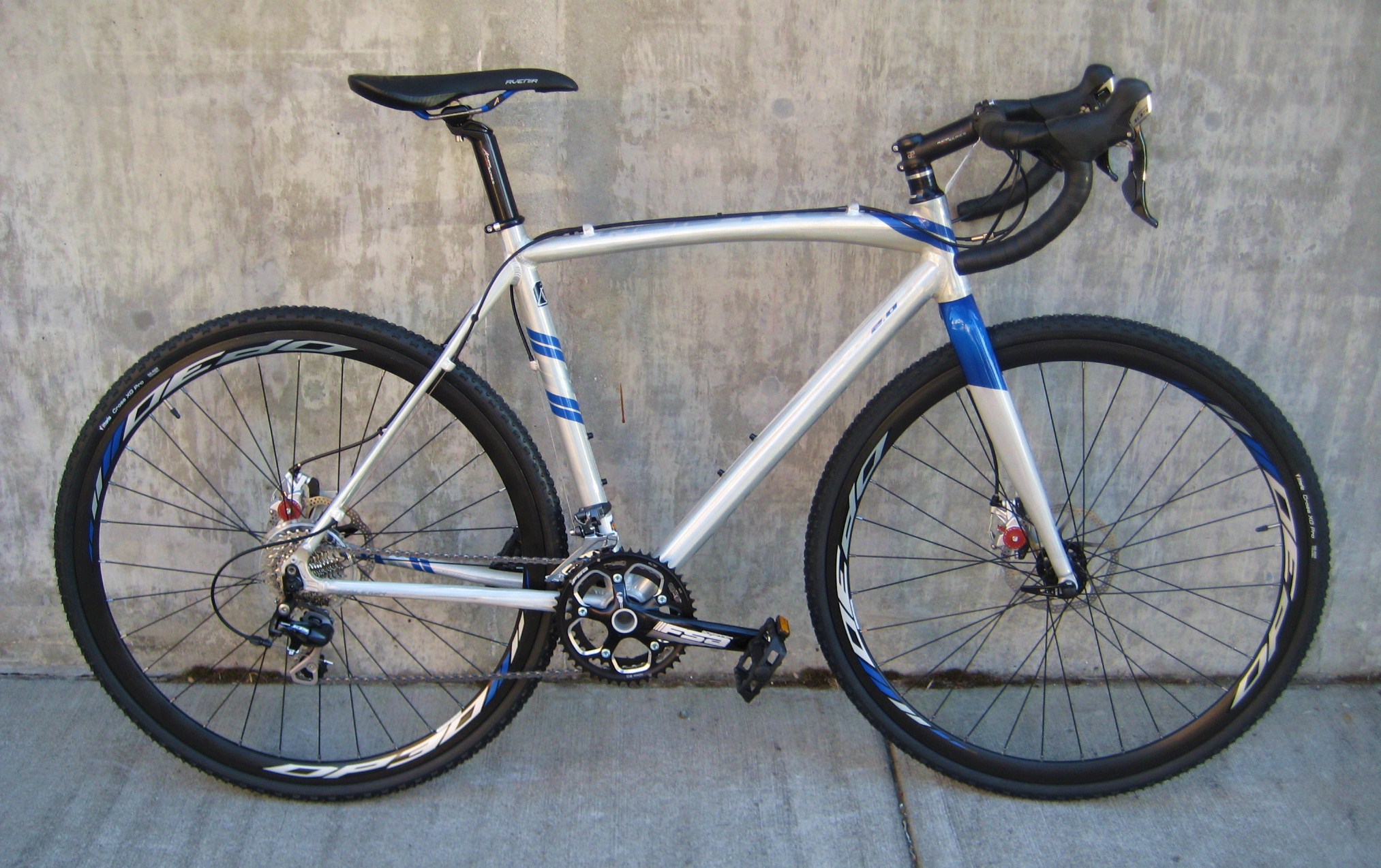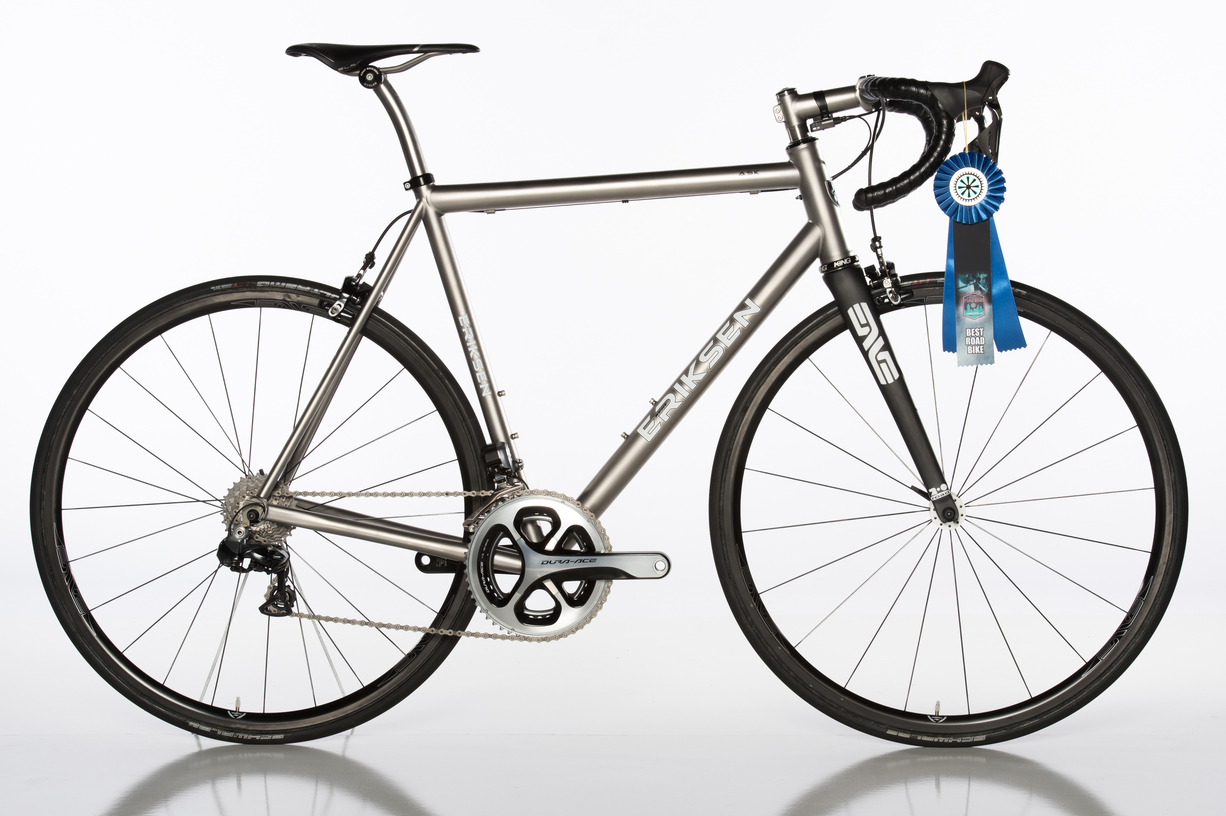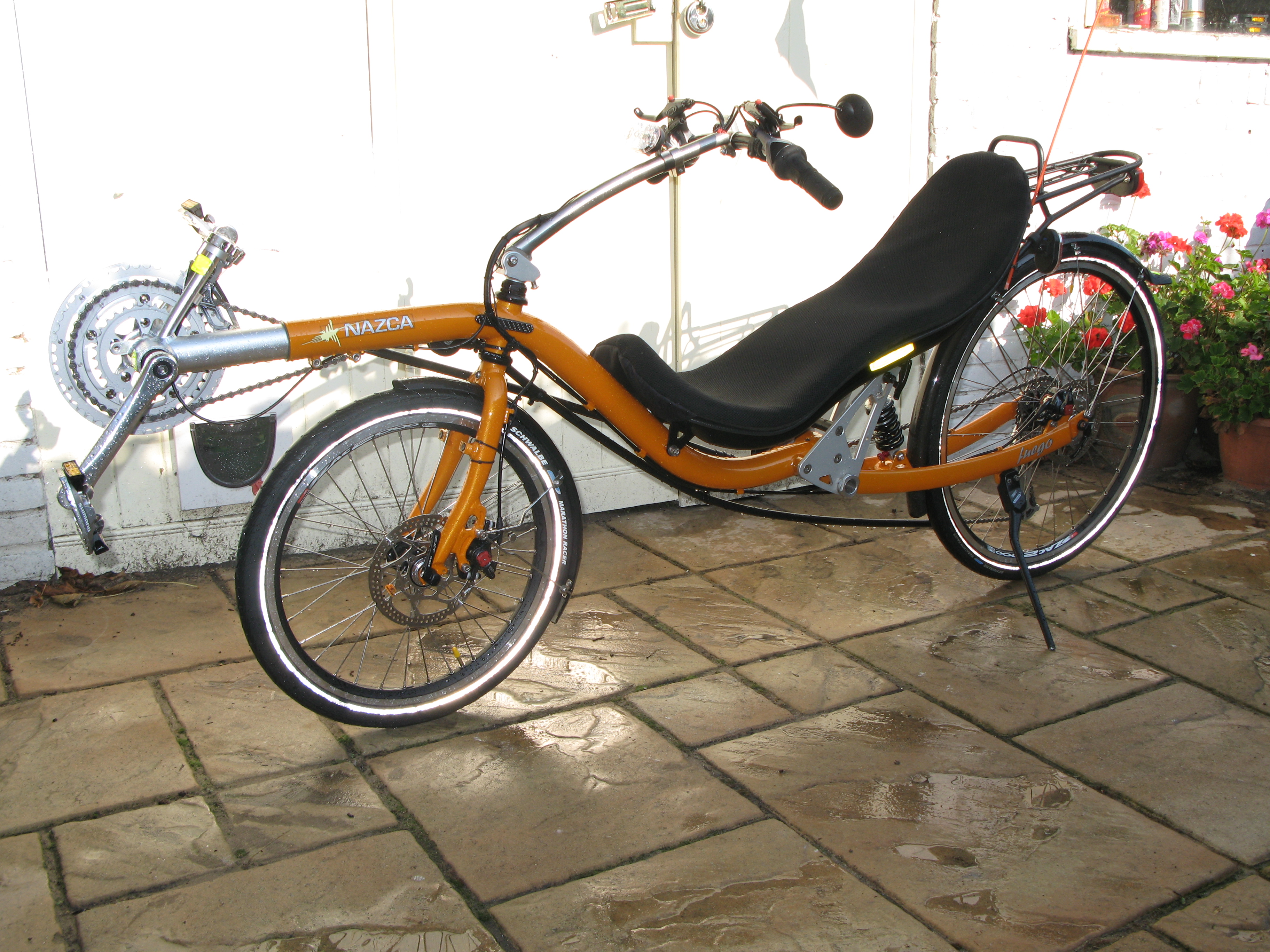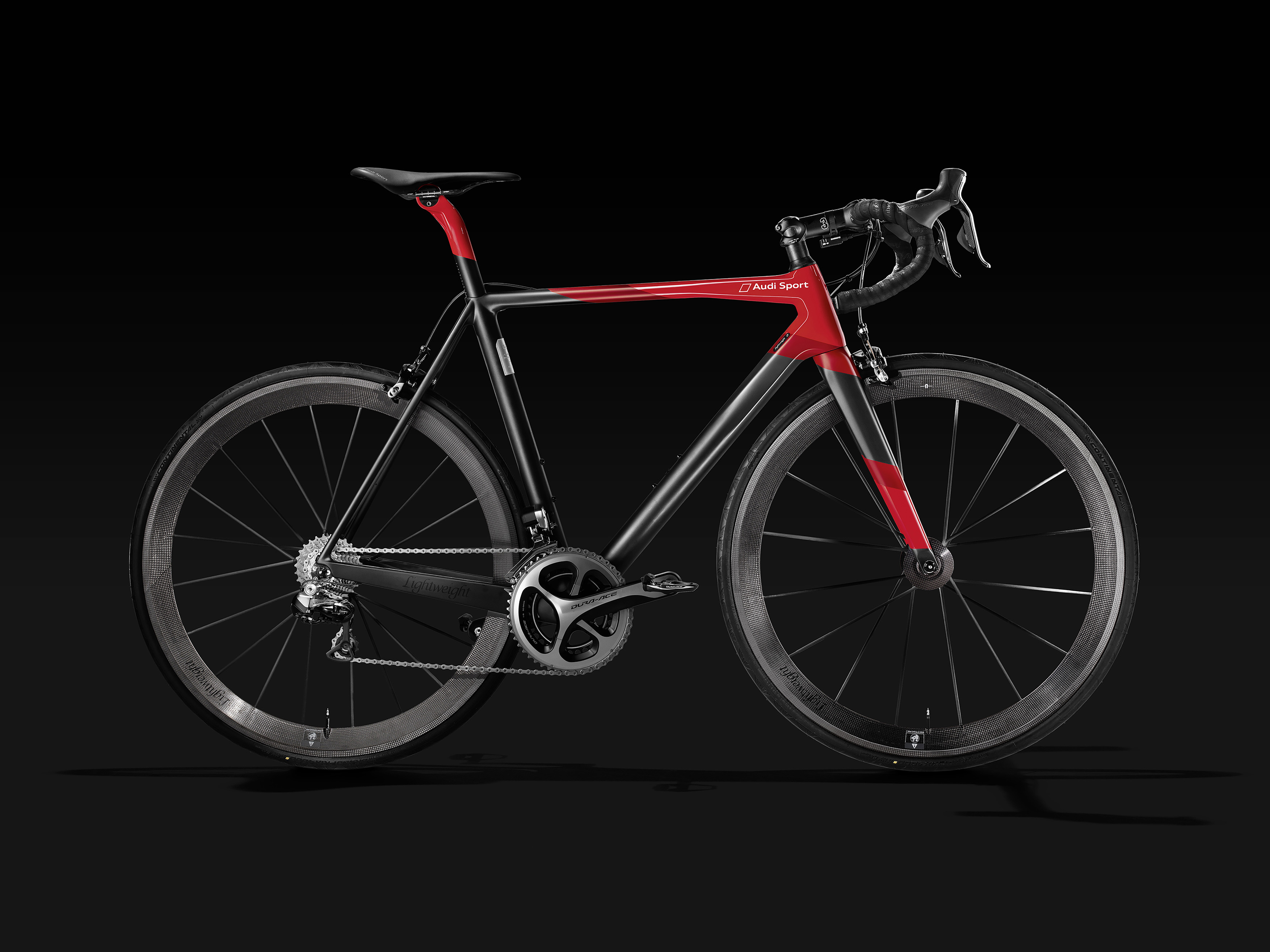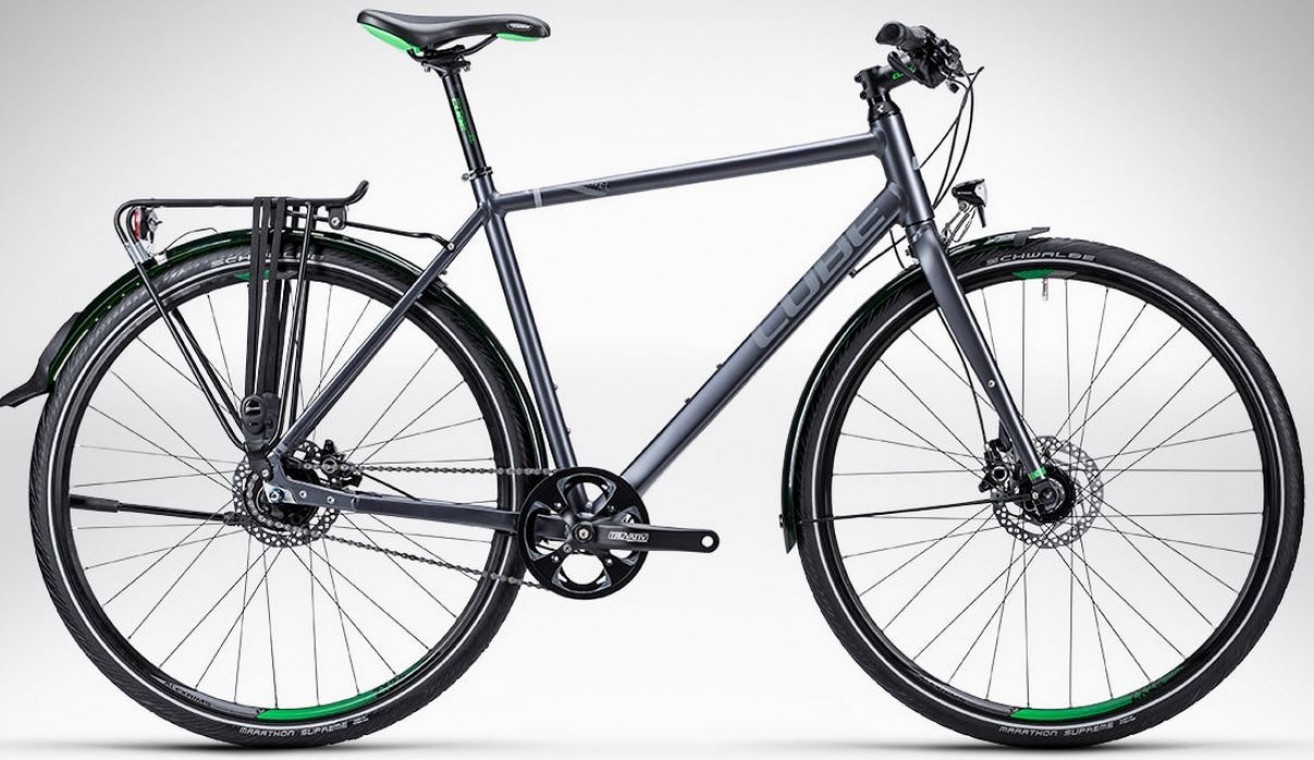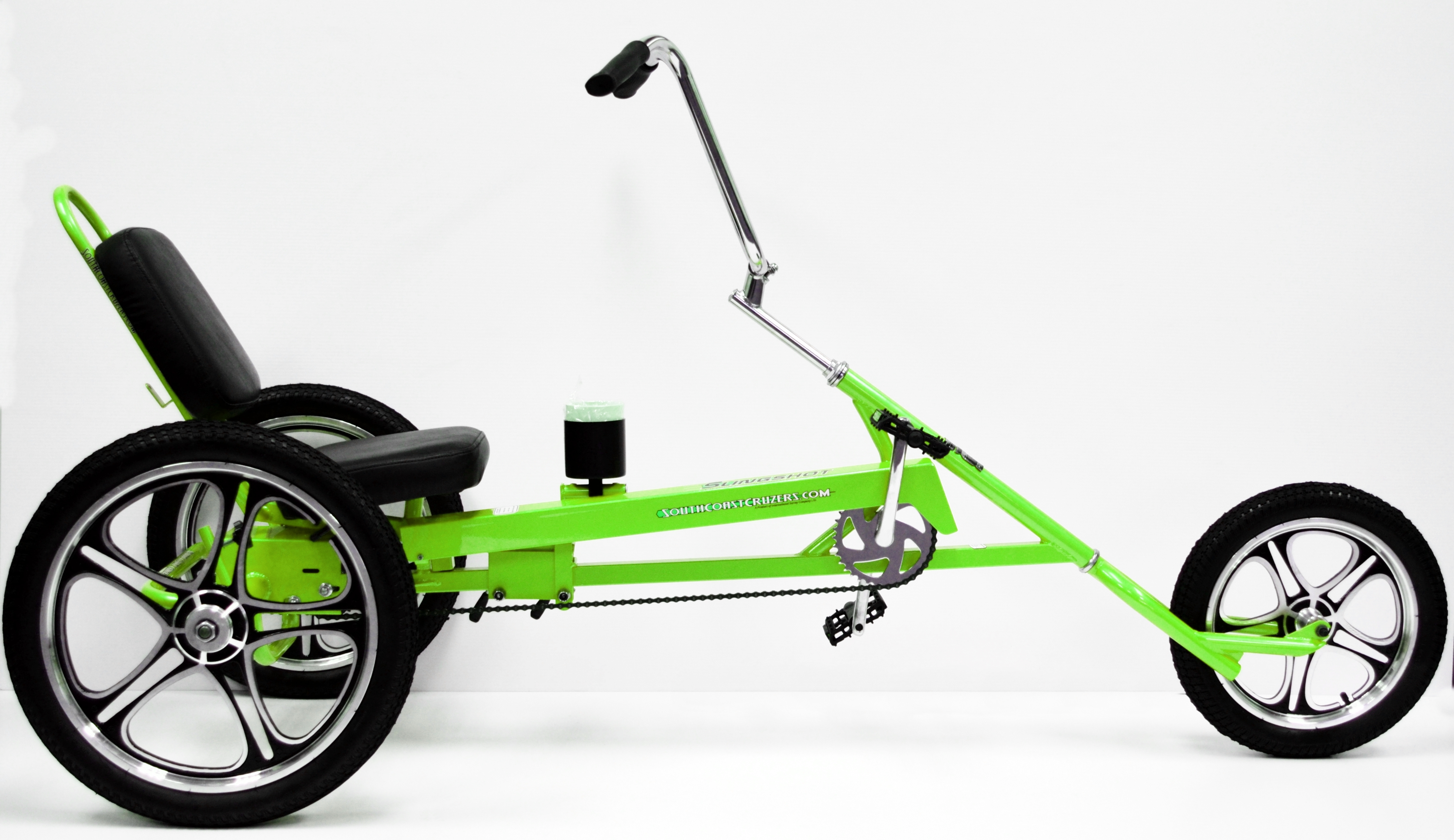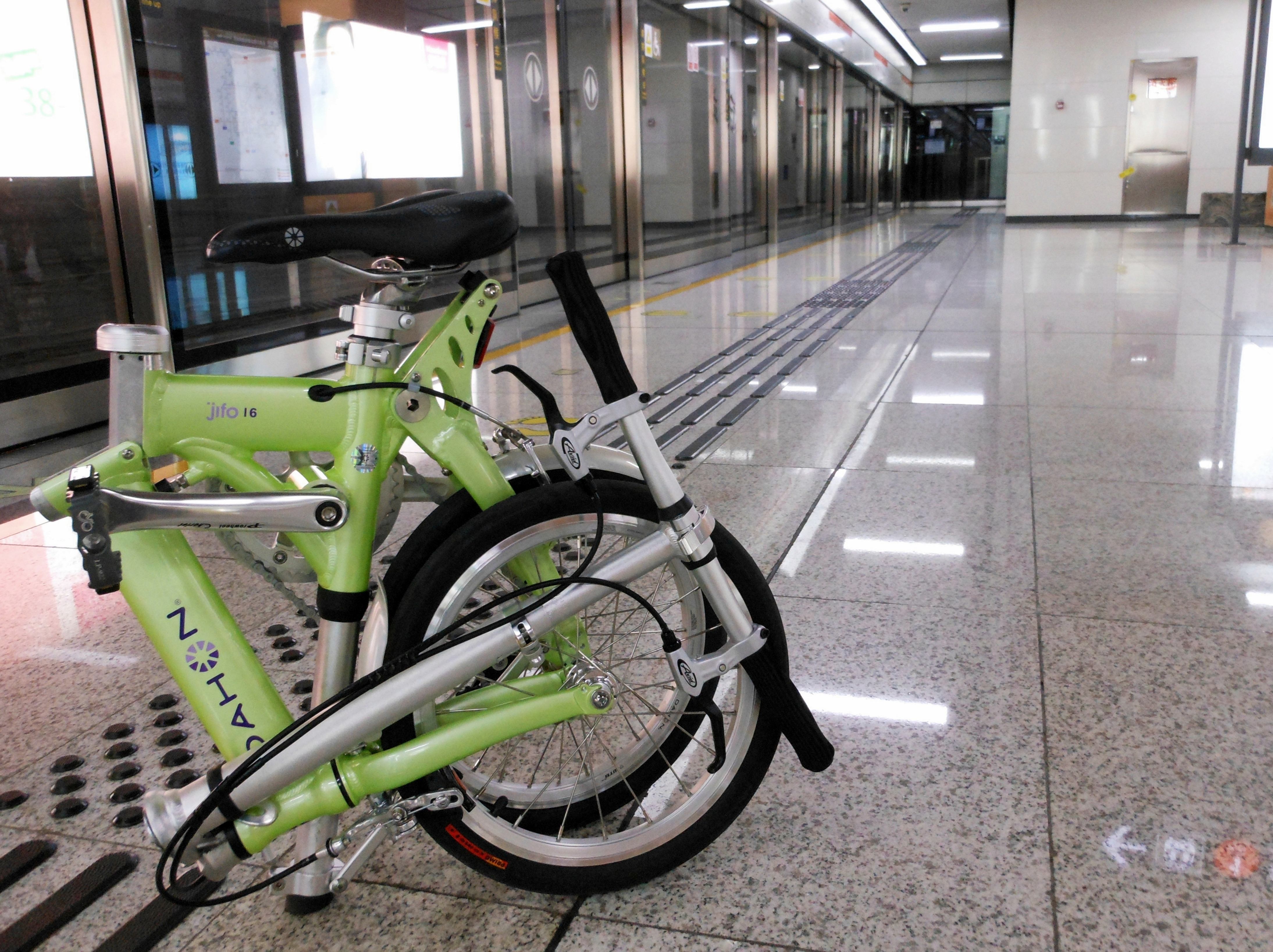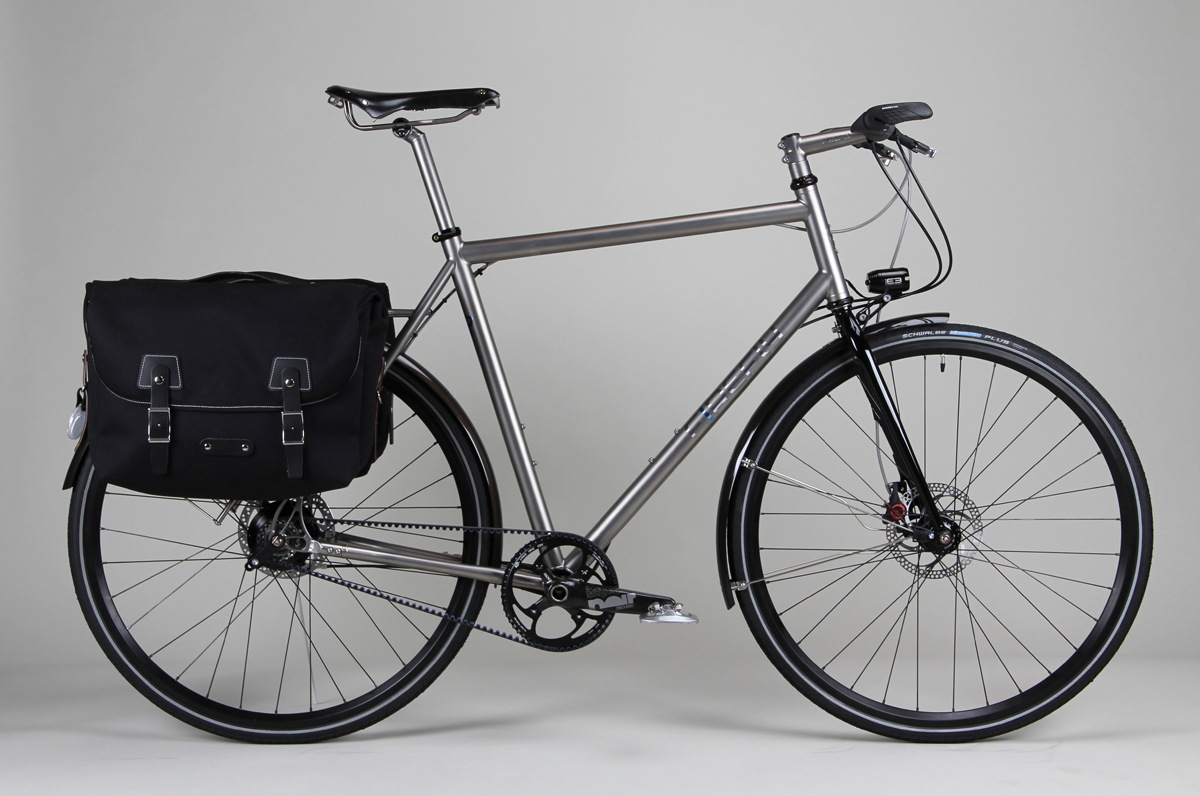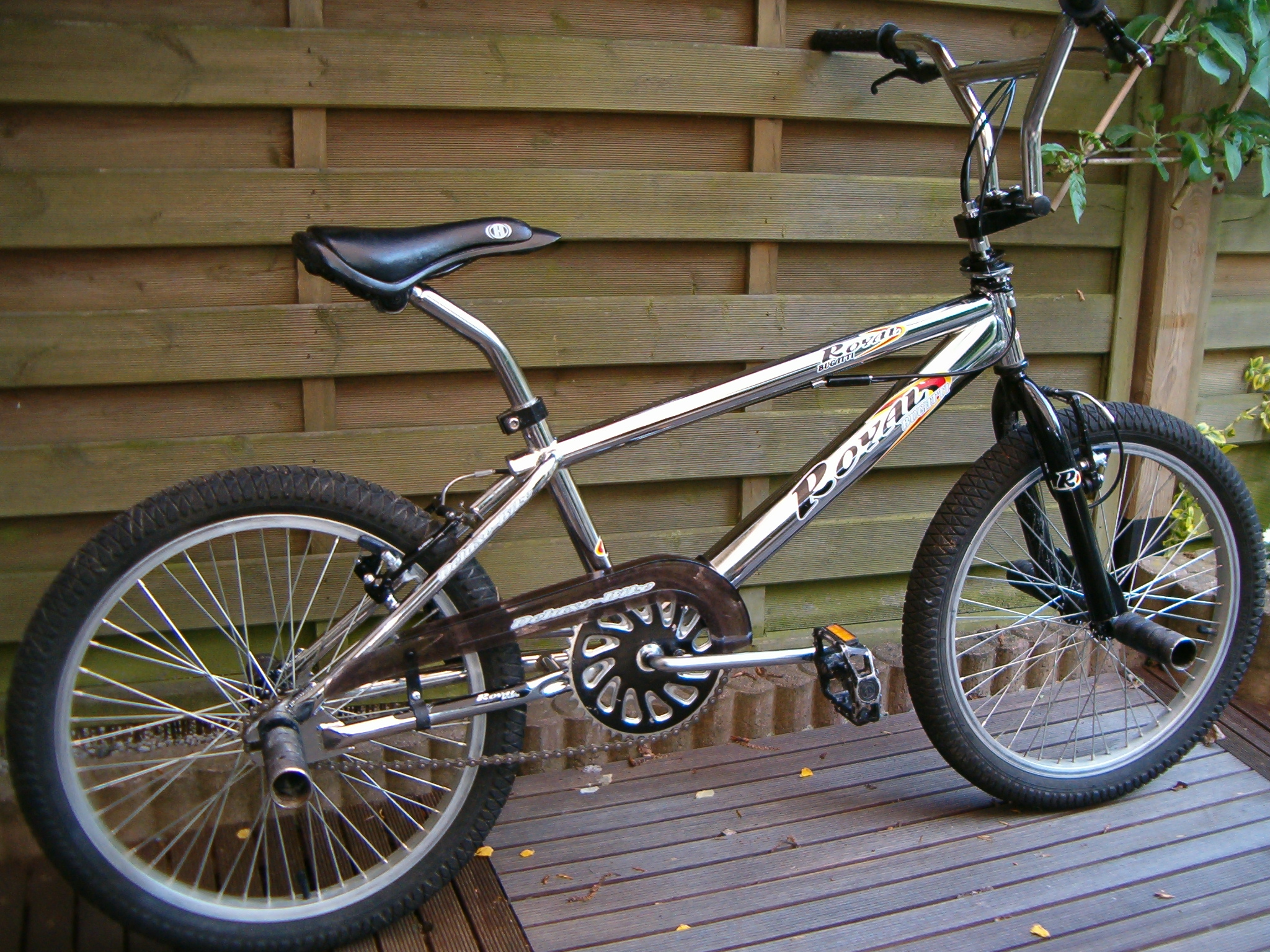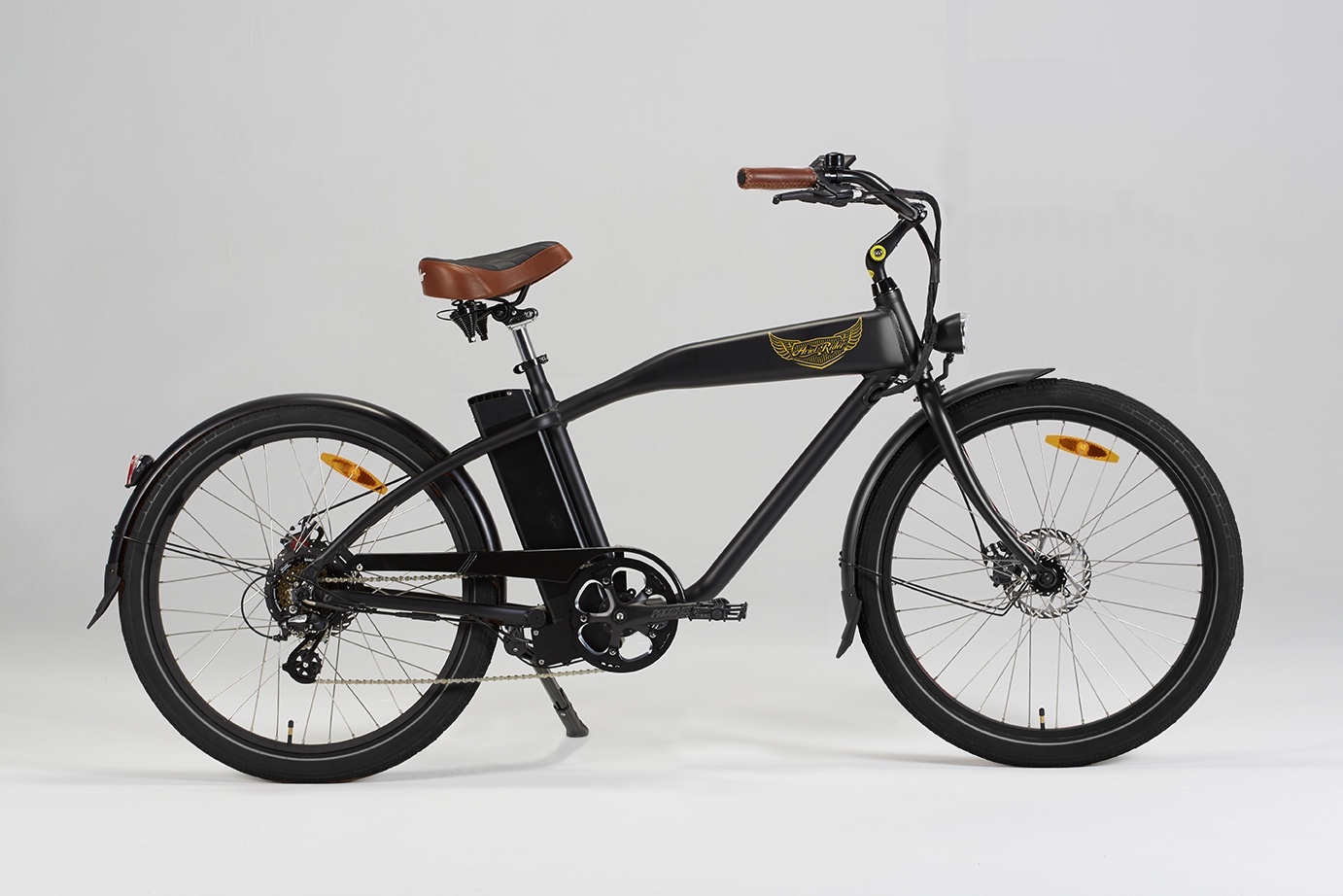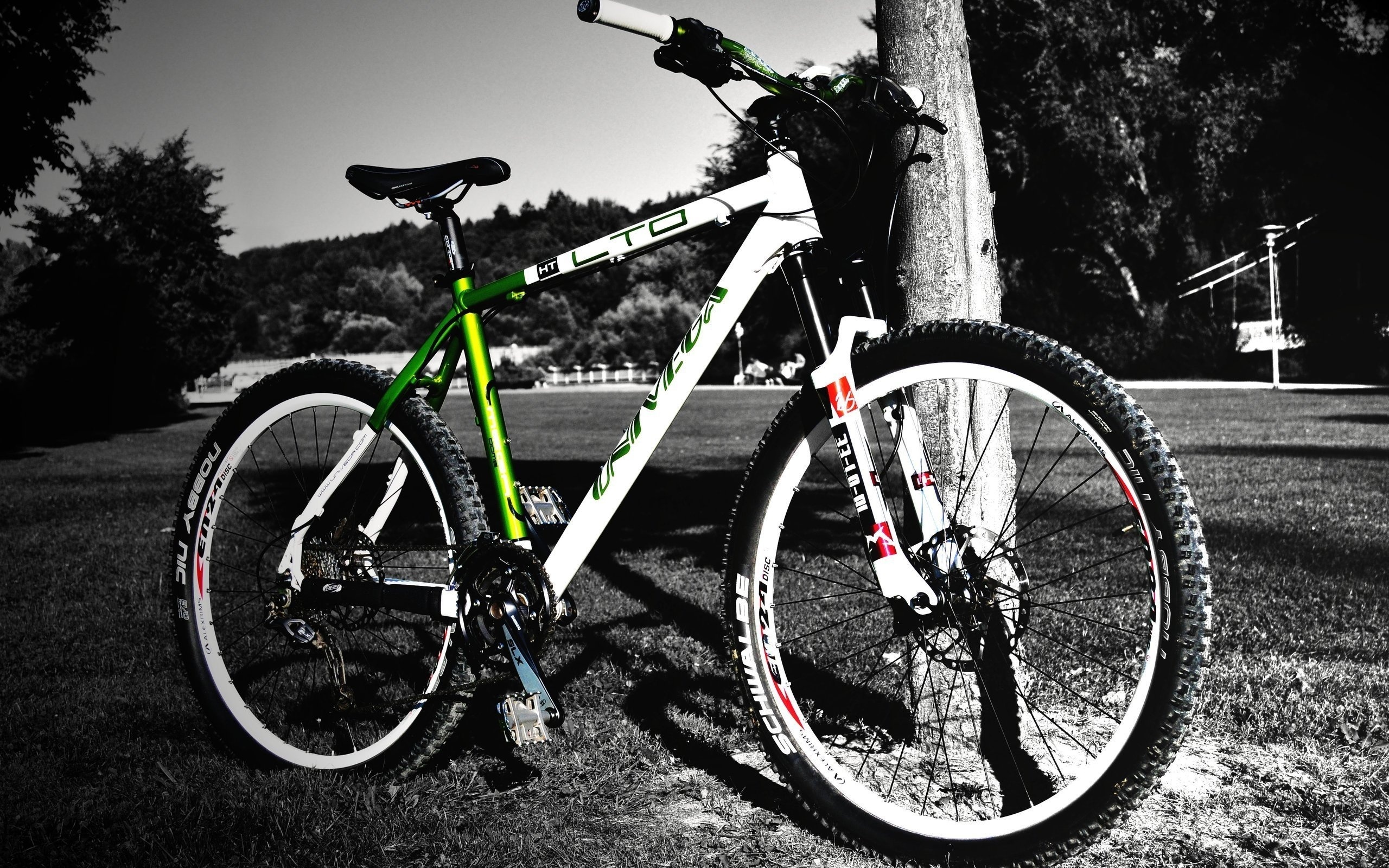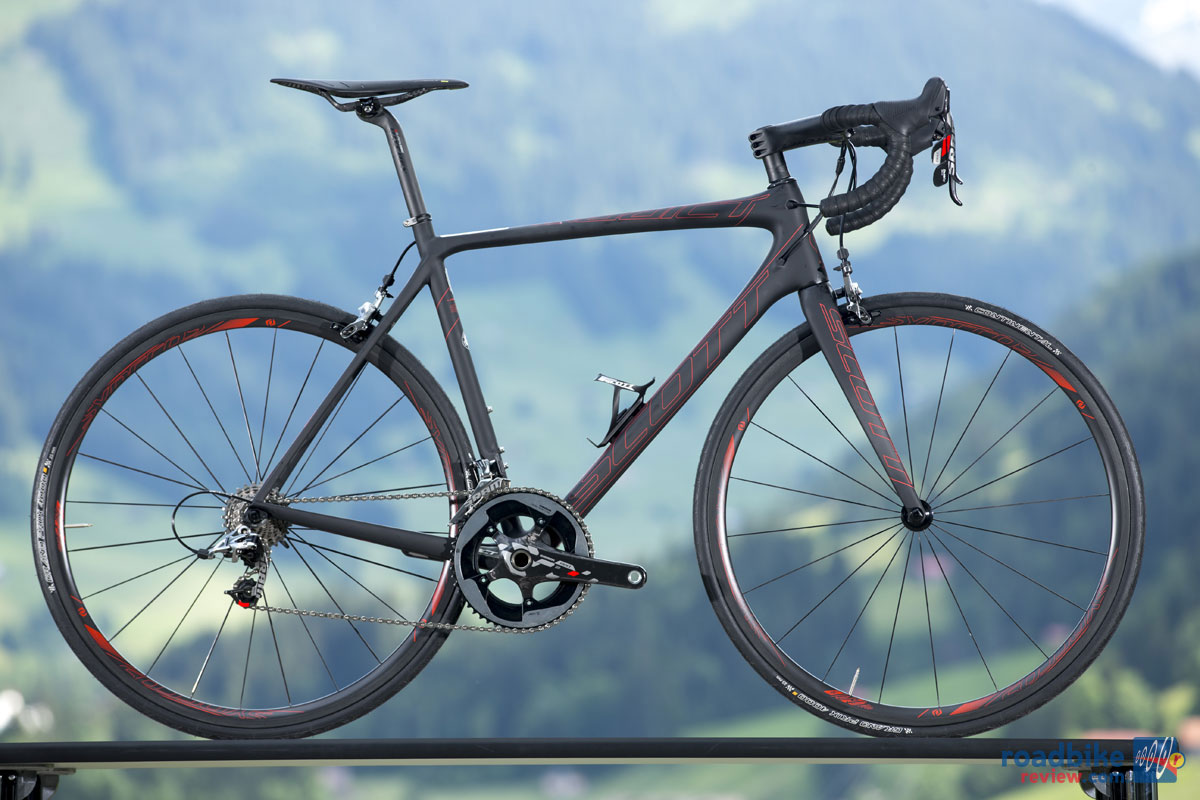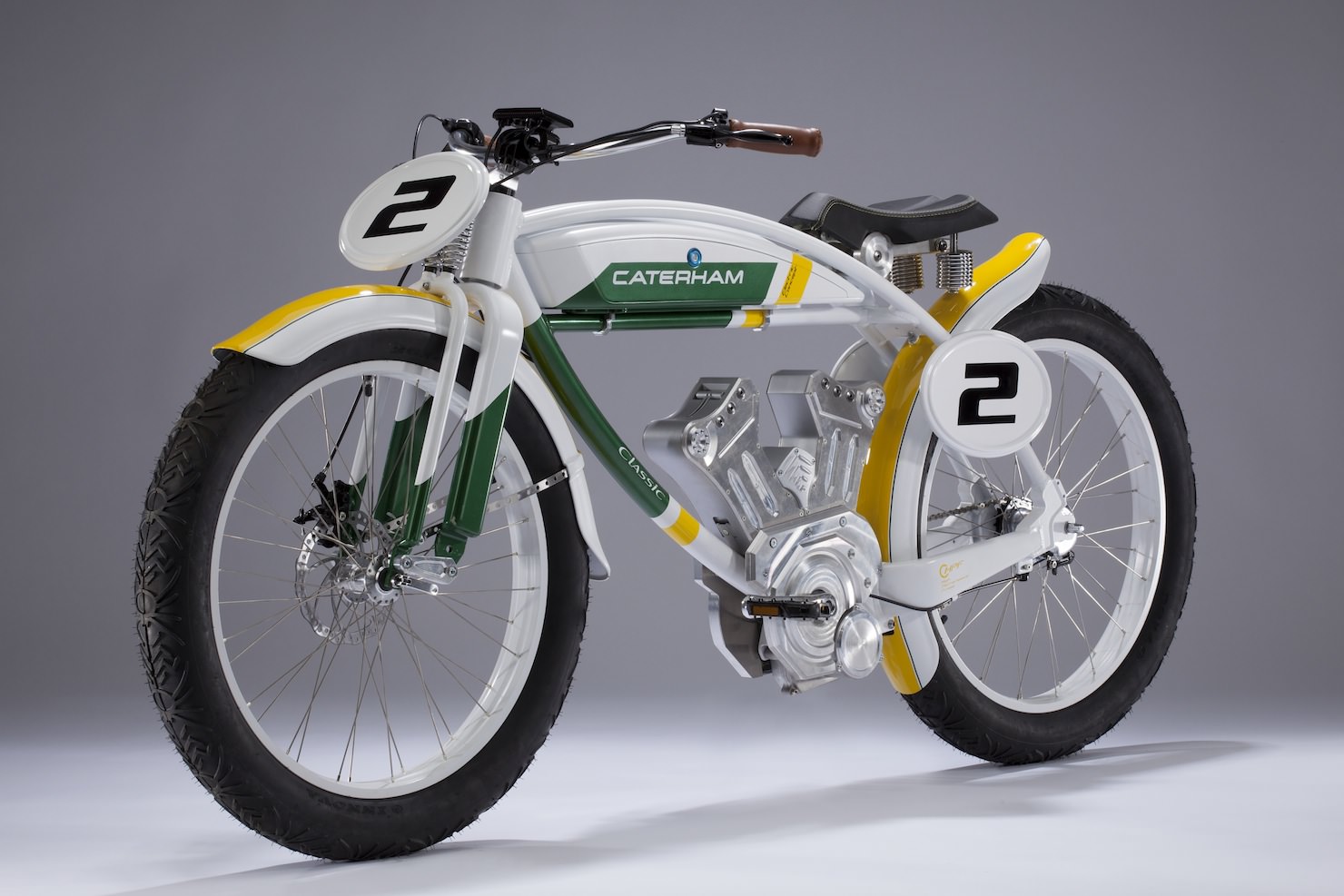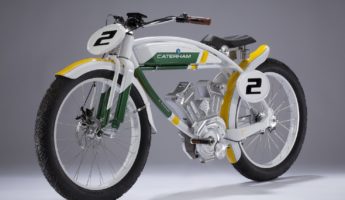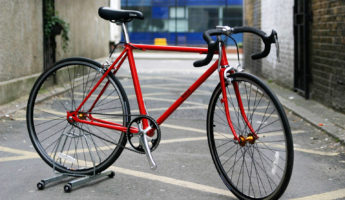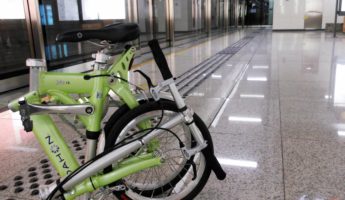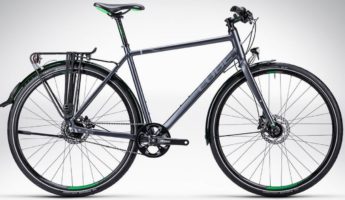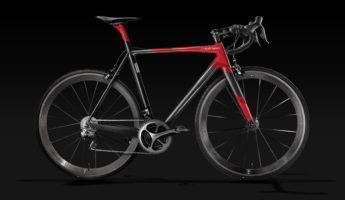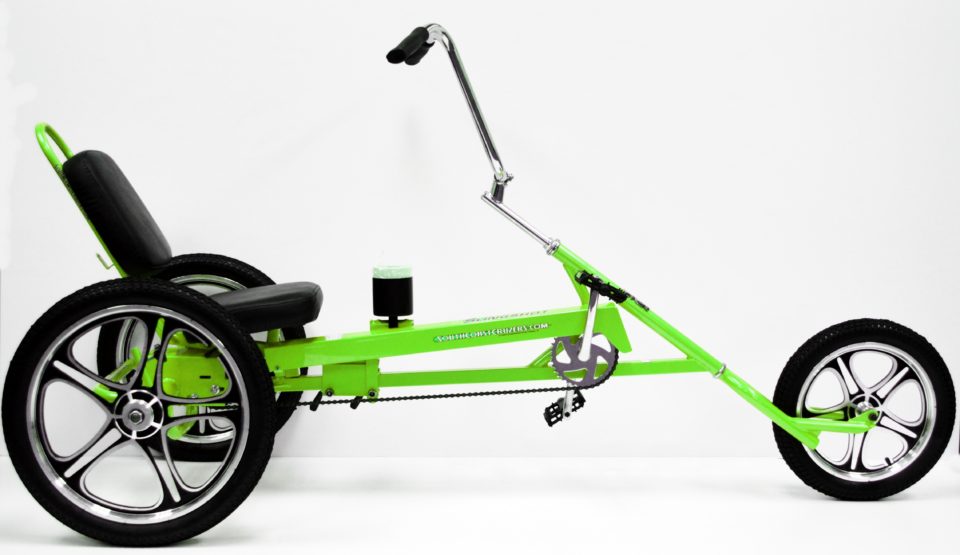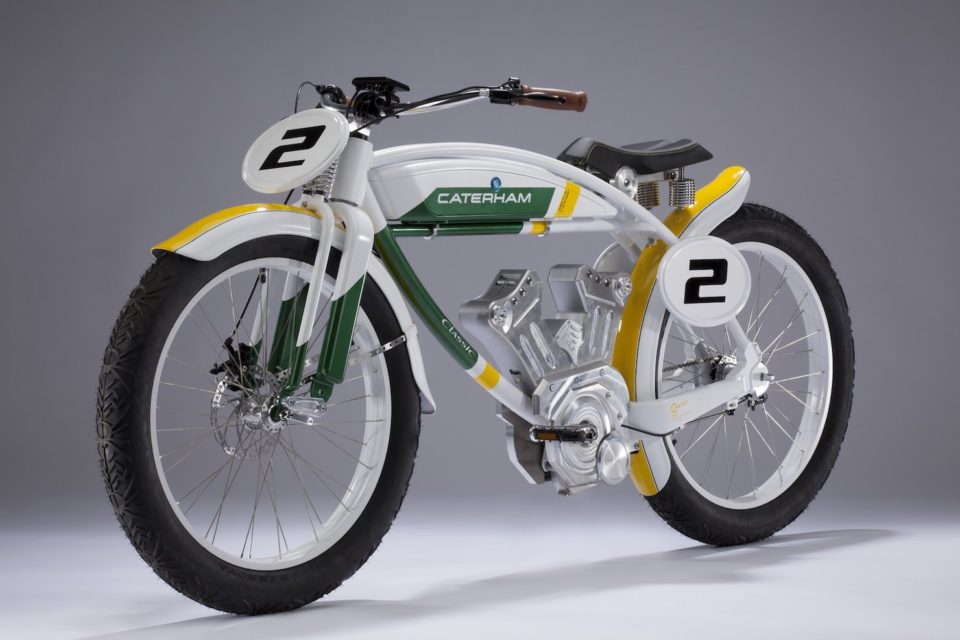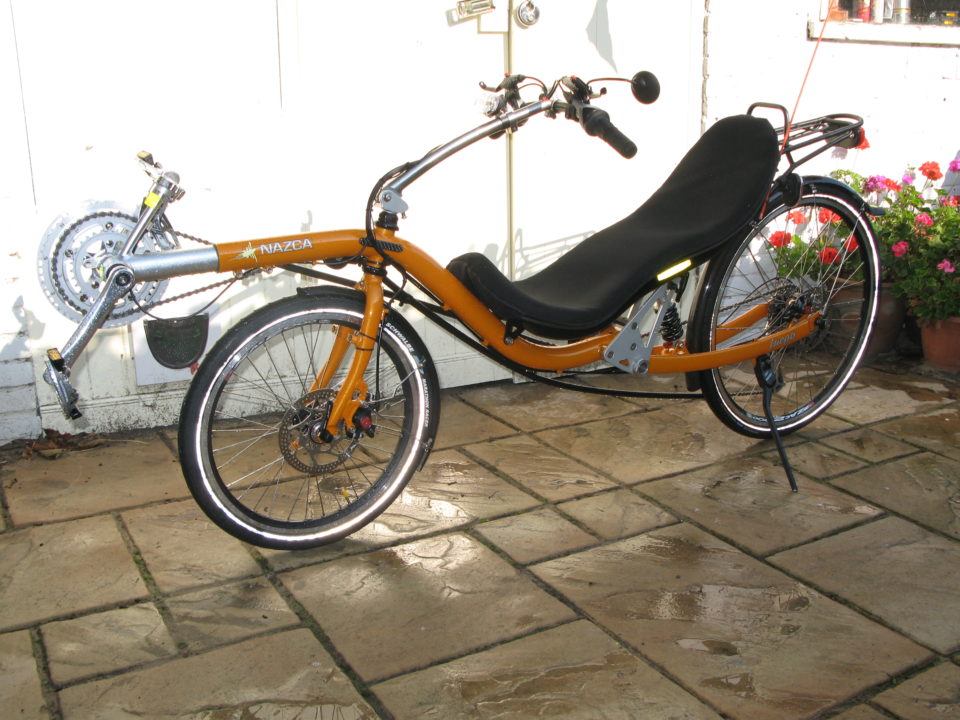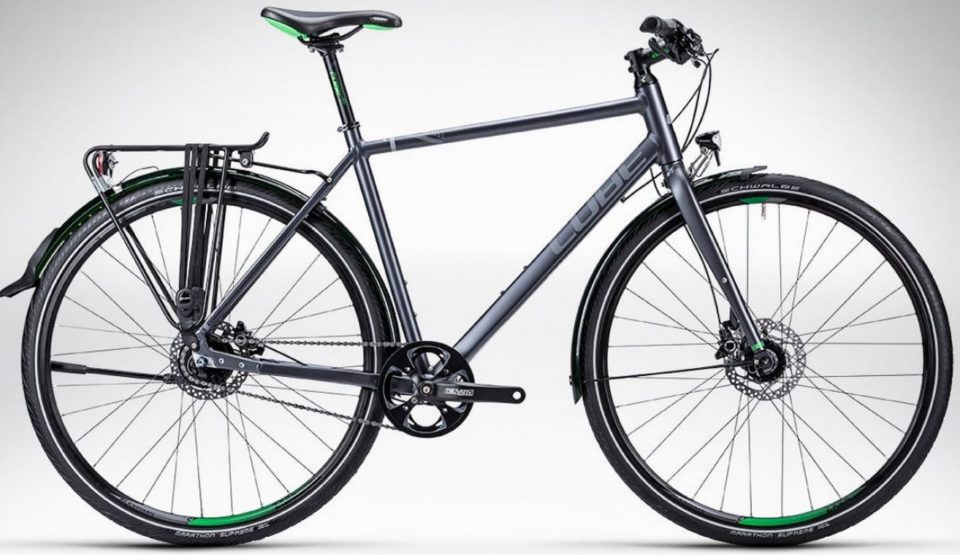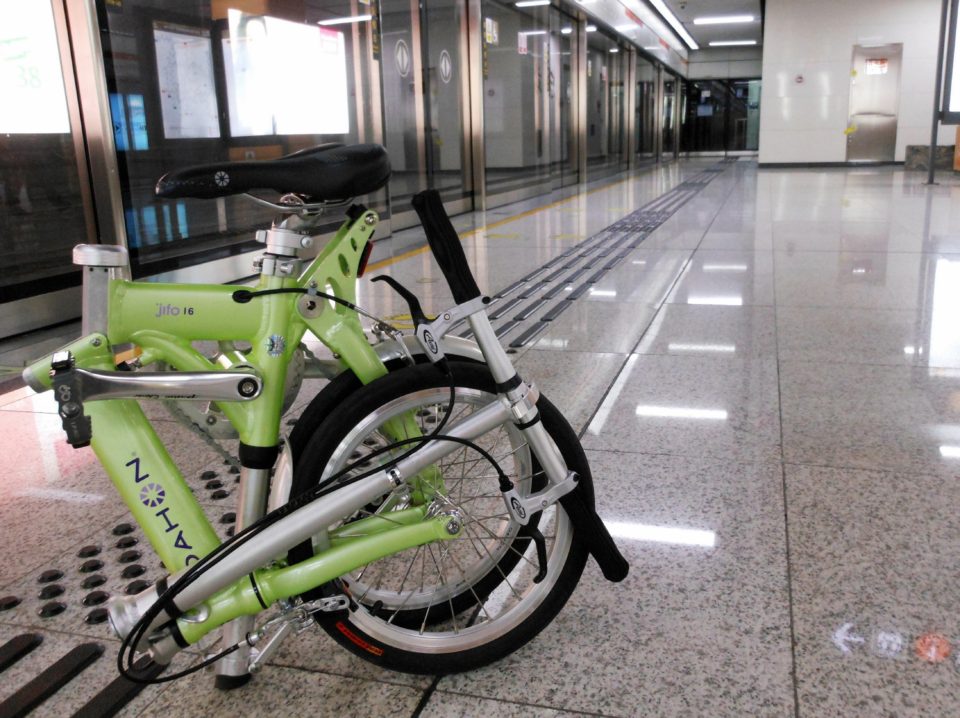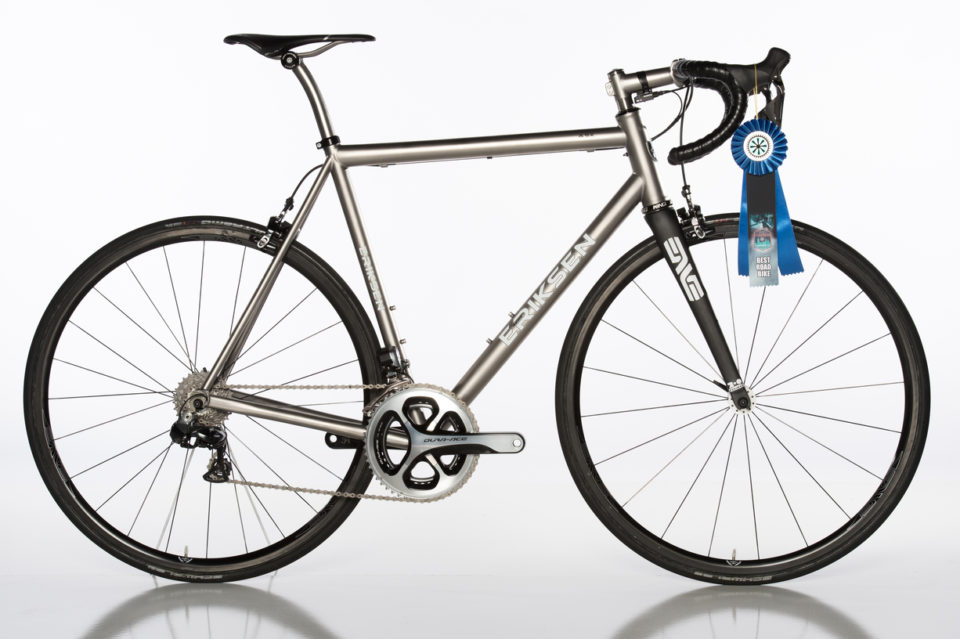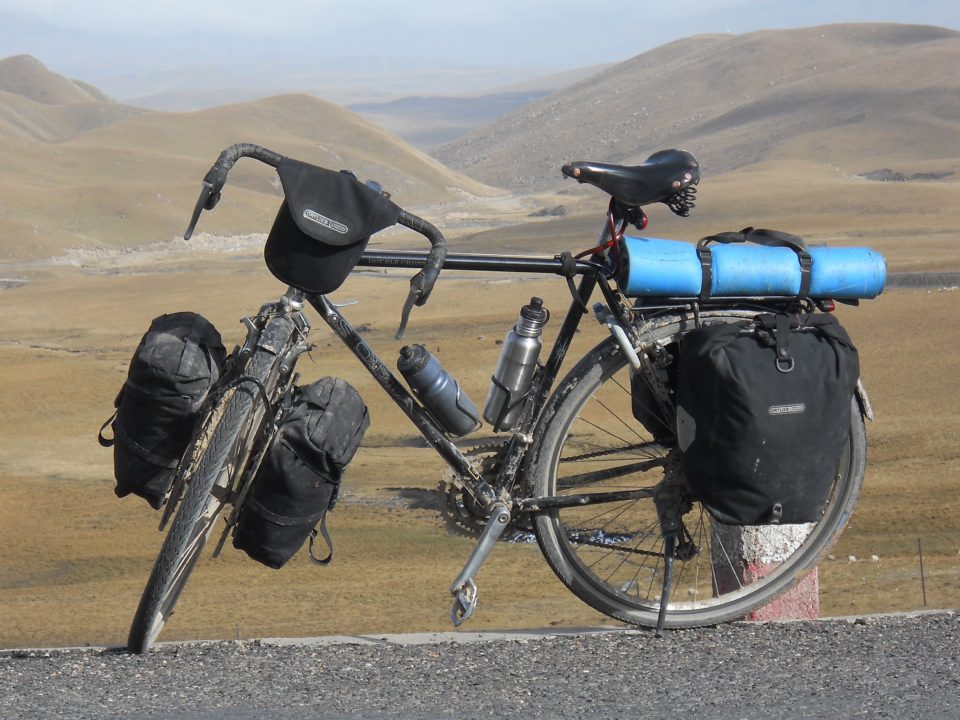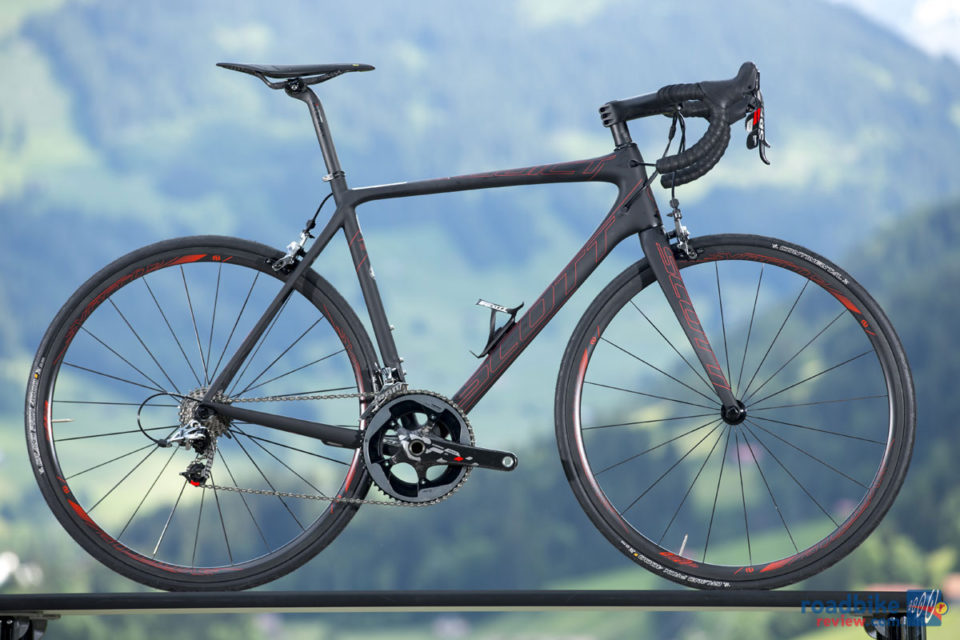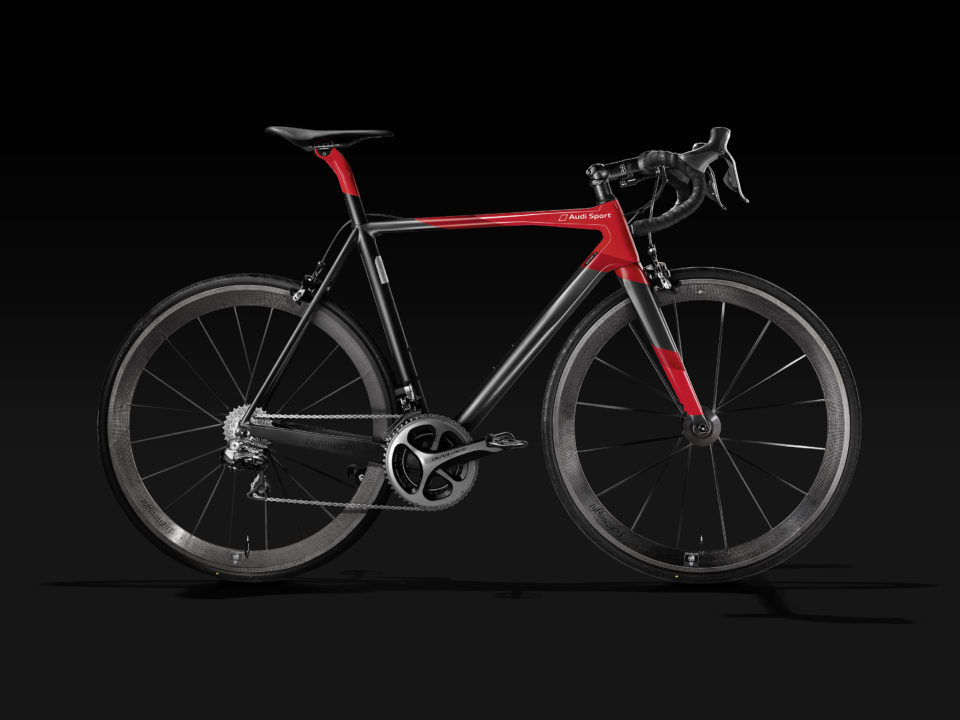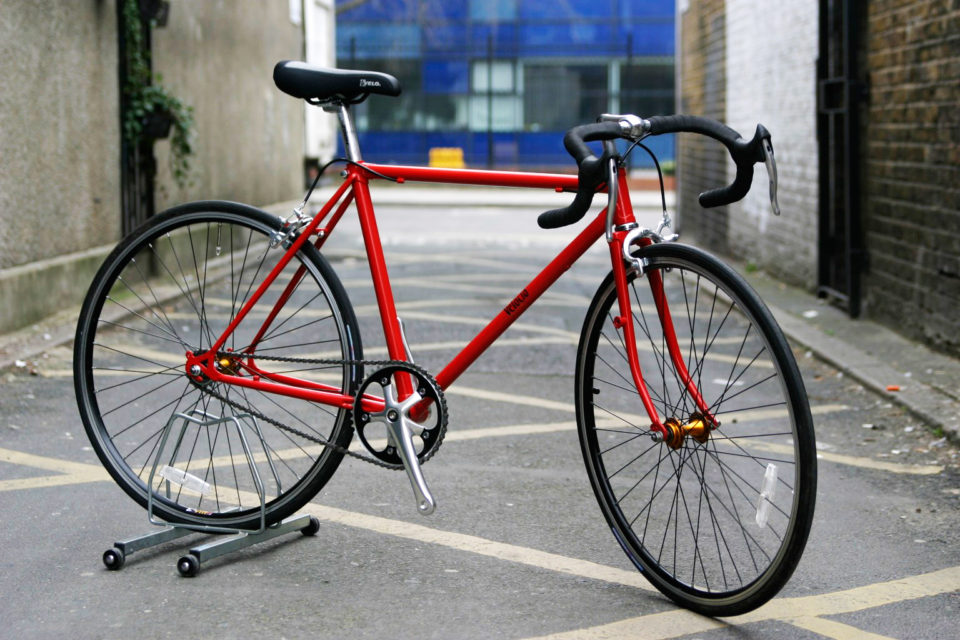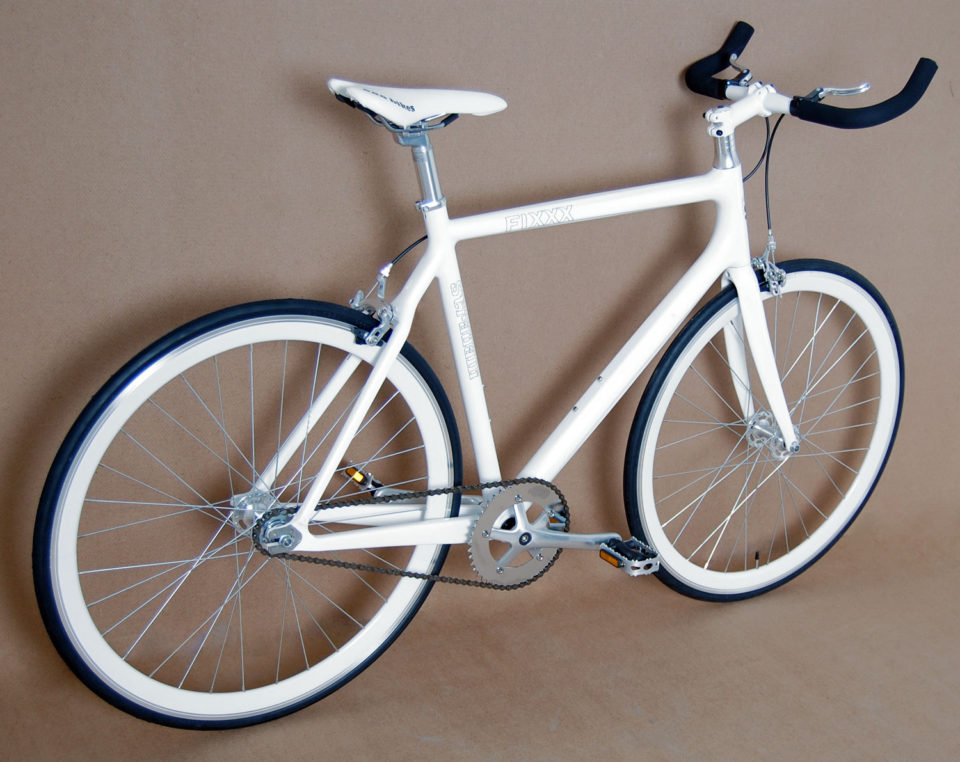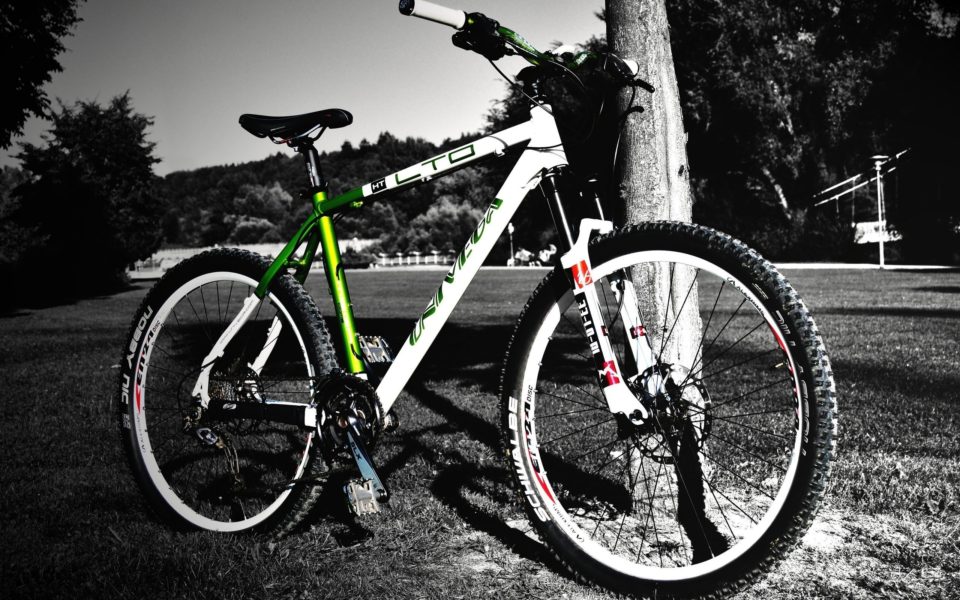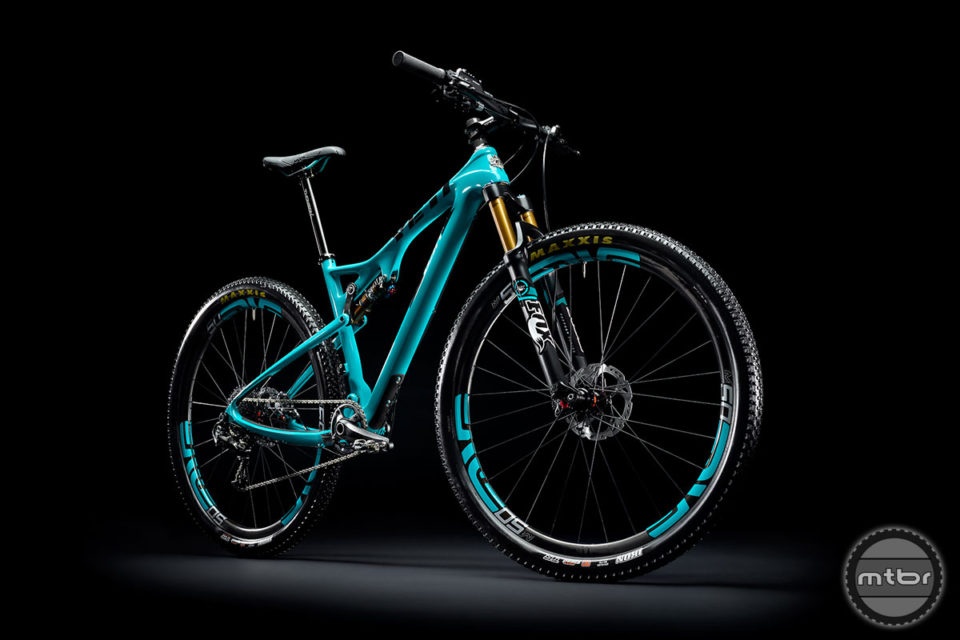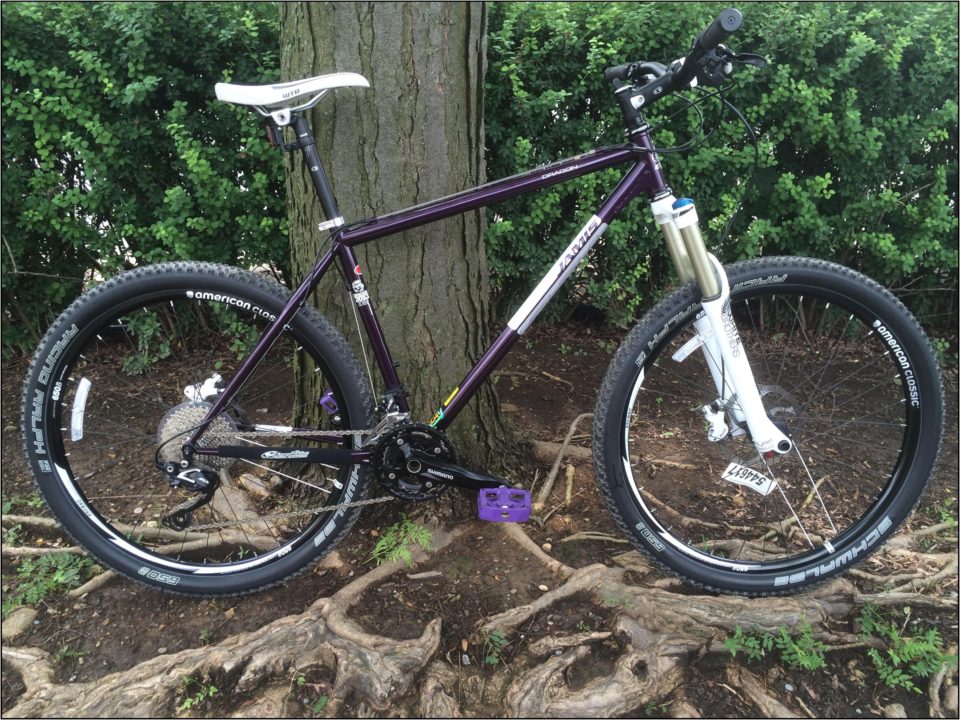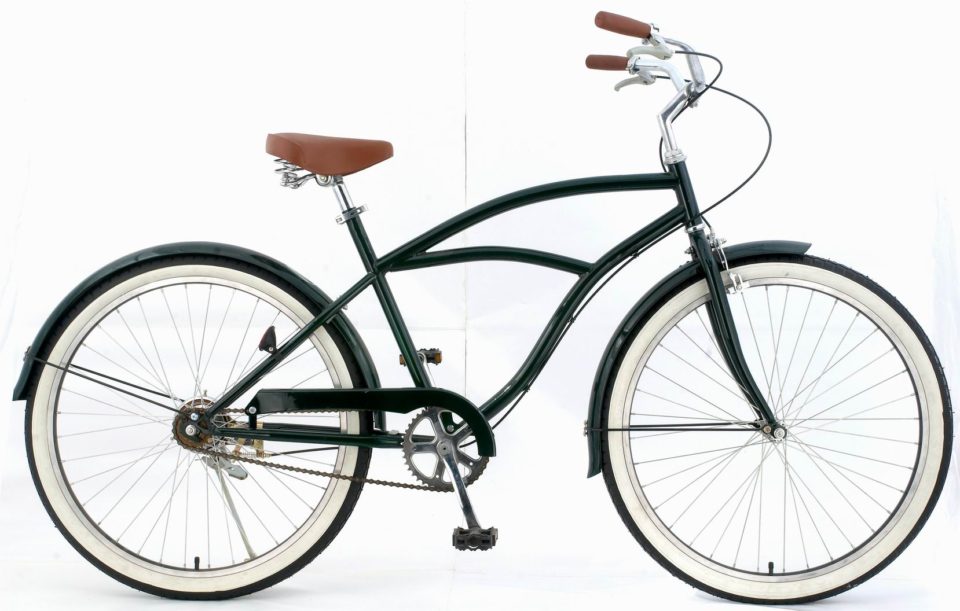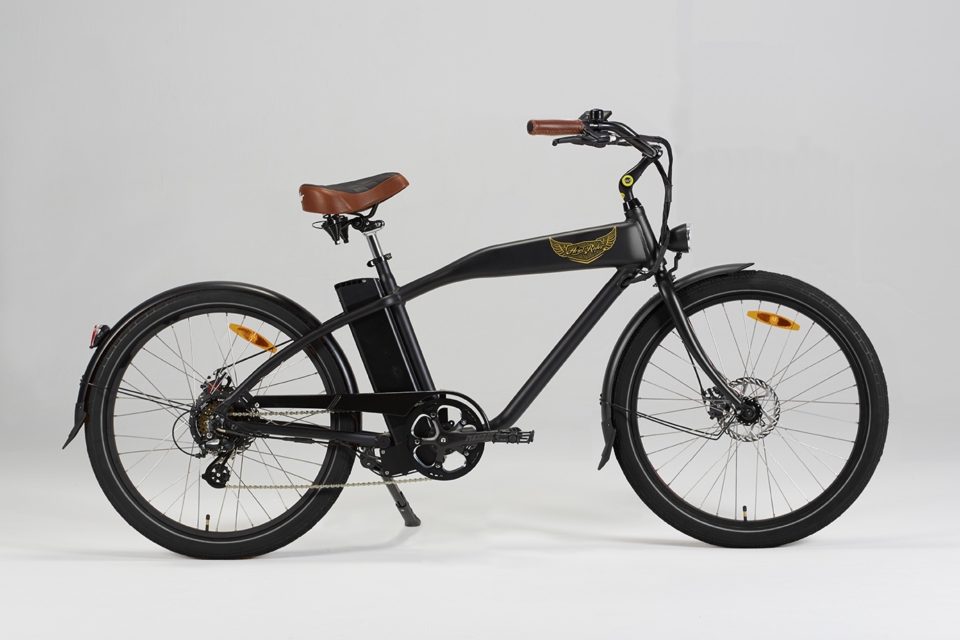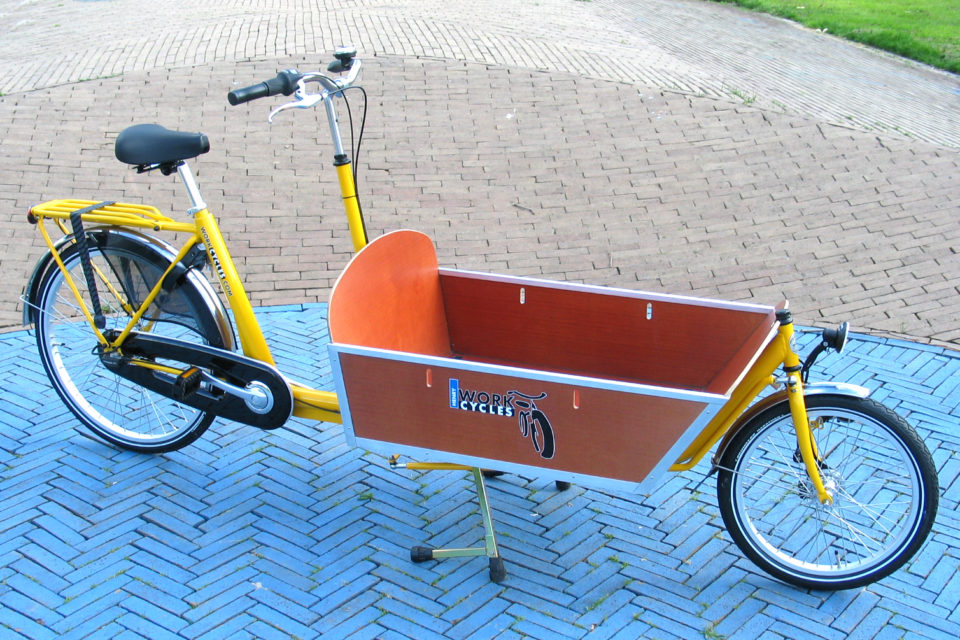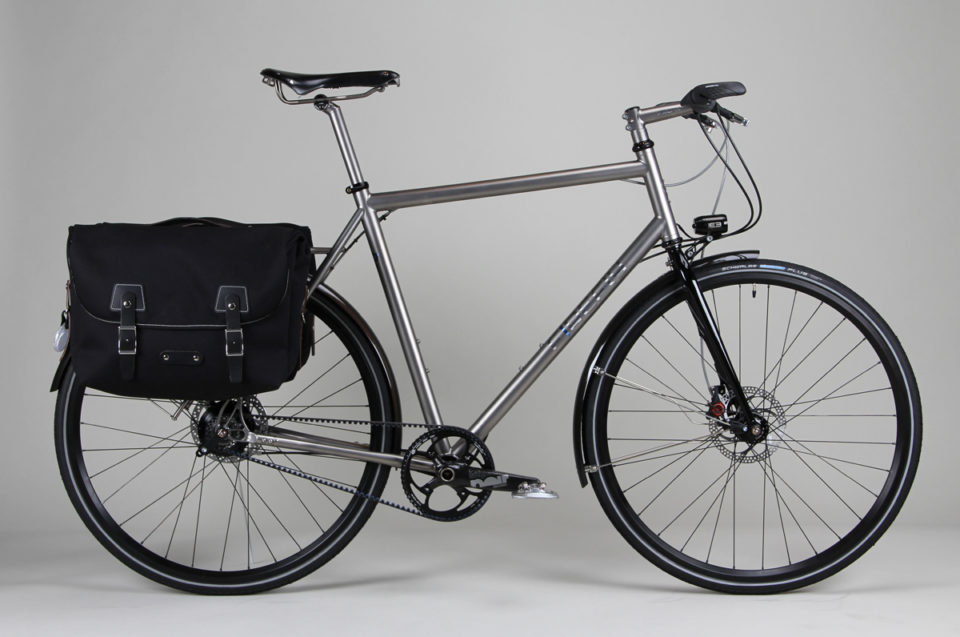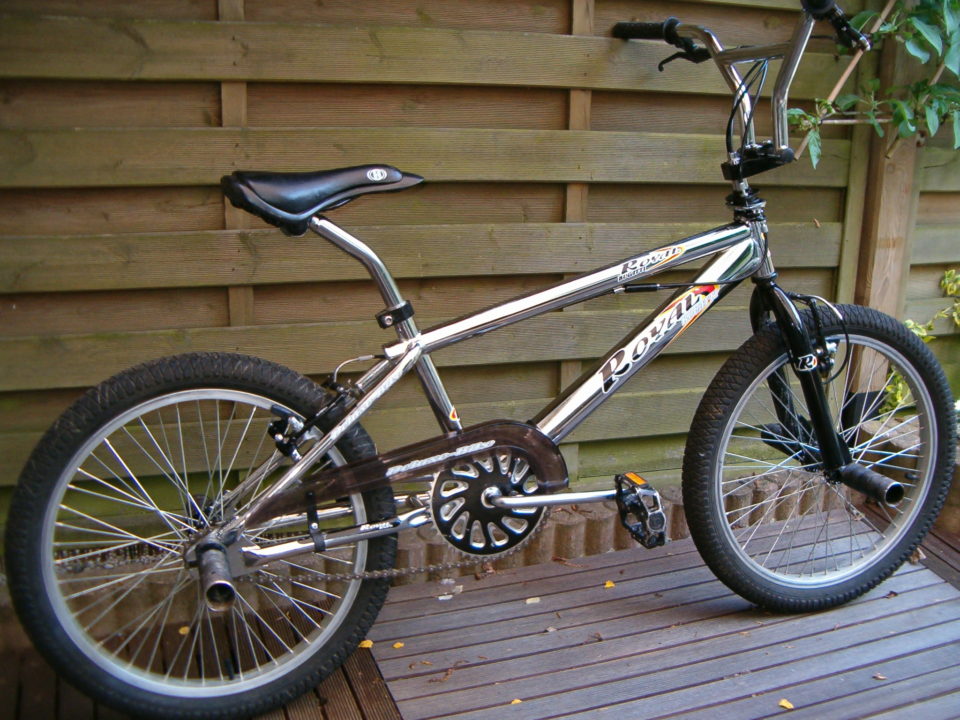If you haven’t yet gotten yourself a two-wheeled conveyance, or are thinking about switching up your riding style, then perhaps it’s time to consider all the options before you lay your money down. Here’s a breakdown of each of the 22 major types of bicycle and how they are best used.
Tricycles
Not technically “bicycles” a trike is notable because it has three wheels, not two. Despite that distinction, some manufacturers label their three-wheeled recumbent trikes as bicycles, so it’s worth being aware of this misnomer.
Electric or E-Bikes
E-Bikes come in all makes and models, but are distinguished by their use of electricity. Some offer the option to pedal, others work like miniaturized motorbikes. An electric bicycle can also be most of the kinds below, so long as it has the addition of electric power somewhere in the mix.
Recumbent
Generally reserved for street riding, recumbent bikes are those that allow you to lay back rather than sit upright during use. As noted above, these might have three wheels or two. The simple rule here is: If your legs are in front of your rather than underneath, you’re on a recumbent bicycle.
Tandem
Built for two people, the Tandem bike allows for multiple riders. It too can bear several styles, but it’s generally a road bike, since the weight of a pair of riders makes climbing mountains difficult and doing tricks dangerous for at least one party.
Hybrid
A hybrid bike is anything that falls between three categories of bicycles. Originally, they were a mixture between road, touring, and mountain cycles, but these days they can be a crossover between a cargo and a fixie, or any other Frankenstein mixture you can devise.
Folding
Another simple bike to identify: If your steed folds up, you’ve got a folding bike. If it doesn’t, you don’t.
Road
Slim and slender, a road bike refers to any bicycle made in an aerodynamic fashion. A basic road bike will hunch you over your handlebars and allow you to go faster. The tires are narrow, meant for maneuverability and paved terrain.
Touring
Touring bikes are a cross between a road bike and a cargo bike. They have sturdy frames meant for going long distances, but are also geared to handle heavy loads on the front and back. They use a longer wheelbase and lower center of gravity for greater control. Some action touring models include knobby tires for handling broken terrain and light off-roading.
Endurance
Endurance bikes are a subset of road bikes that are intended for distance riding. They don’t hunch you as far forward and have a wider fork for larger tires. They’re still fairly quick, but give you a more heads-up riding style and often offer flat handlebars.
Racing
Also a part of the road bike family, racing bikes are expensive pieces built exclusively to go really fast. They’re made aggressively with sharp angles for aggressive riding both up and down hills. If speed and adrenaline is your goal, this is the way to go.
Cyclocross
Built like a road bike with racing elements, Cyclocross cycles are intended for handling terrain on tracks, which includes gravel, dirt, grass, and pavement. They’re costly, but tough and versatile for varied riding conditions.
Single Speed
A single speed bike has a lone gear that makes them easy to service by the most amateur of amateurs. They’re inexpensive and many city dwellers and new riders opt for these thanks to their low cost.
Fixed Gear (Fixie)
At first blush, a fixie and a single speed are the same beast. Indeed, most fixed gear bikes have a flip-flop ability that can turn them from a fixed gear to a single speed. They bear the same qualities, but a fixie requires that you be pedaling whenever the tires are moving. You can coast on a single speed, not so on a fixie.
Mountain
Absorbing impacts and getting traction are the primary goals of a mountain bike. They have bigger, knobby tires for added traction on dirt, and typically bear lower gears than any road-style bike for climbing hills more easily.
Cross-Country
Not quite a hybrid, but rather a mountain racing bicycle that emphasizes speed and quick climbing. If you’re looking to go the distance, and set record time over the hill and through the bush, cross-country bikes are your competitive answer.
Trail
Many would say that most mountain bikes are actually trail bikes. These are casual off-road mounts for enjoying a quaint ride with a few slopes. Think riding over hills rather than climbing crags and you’ll get the picture.
Fat
A weird animal that is only now catching fire in the cycling world, fat bikes are meant for riding on the strangest of surfaces. If you want to bike on sand or in the snow, these can do it. The immense tires distribute weight for less sinking on softer mud or bite into loose terrain to keep you moving forward.
Cruiser
The Cruiser, AKA Beach Cruiser is where the fat bike got its original idea. Wide and comfortable, cruisers are nice for leisurely rides along the boardwalk and can be used around town. They work on hard-packed sand (usually) and give you a highly upright riding posture for taking in the sights.
Comfort
An even gentler version of the cruiser bike, comfort or Flat-Foot bikes give you the option of putting your feet on the ground while remaining seated. If you don’t care how fast you get there, or are just lazy as sin, then you’re like us and want a comfort bike.
Cargo
Cargo bikes are interesting creatures that manage to add a lot of bucket space to their body. When you see a true cargo pony with a giant tub right in the center, you’ll know it.
Commuter
If you ride a bike to and from work, it is technically a ‘commuter,’ but the actual breed is one that is made for comfortable riding, maneuvering around cities, and carrying a little extra daily cargo. Often a road bike/cruiser hybrid, or a single speed, commuters are the widest category around. They are also called city bikes by those who have never had a really hard commute. Fenders and a chain guard are the hallmarks of a commuter.
BMX
Children often dig these due to their small size and ability to be used recklessly, but that isn’t to say adults can’t get a lot out of a BMX. Built to go off jumps they have small tires, quick short-term speed, and are lightweight to maximize your airtime. Big shock absorption is also common.
